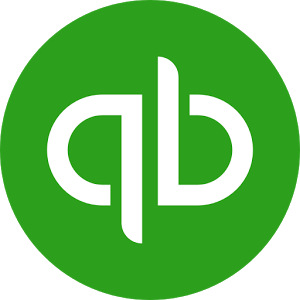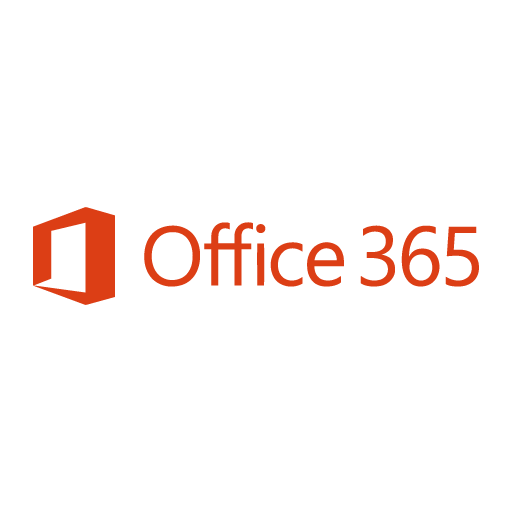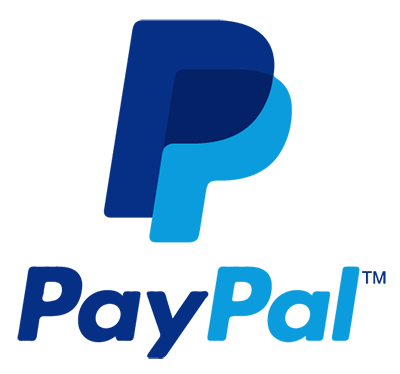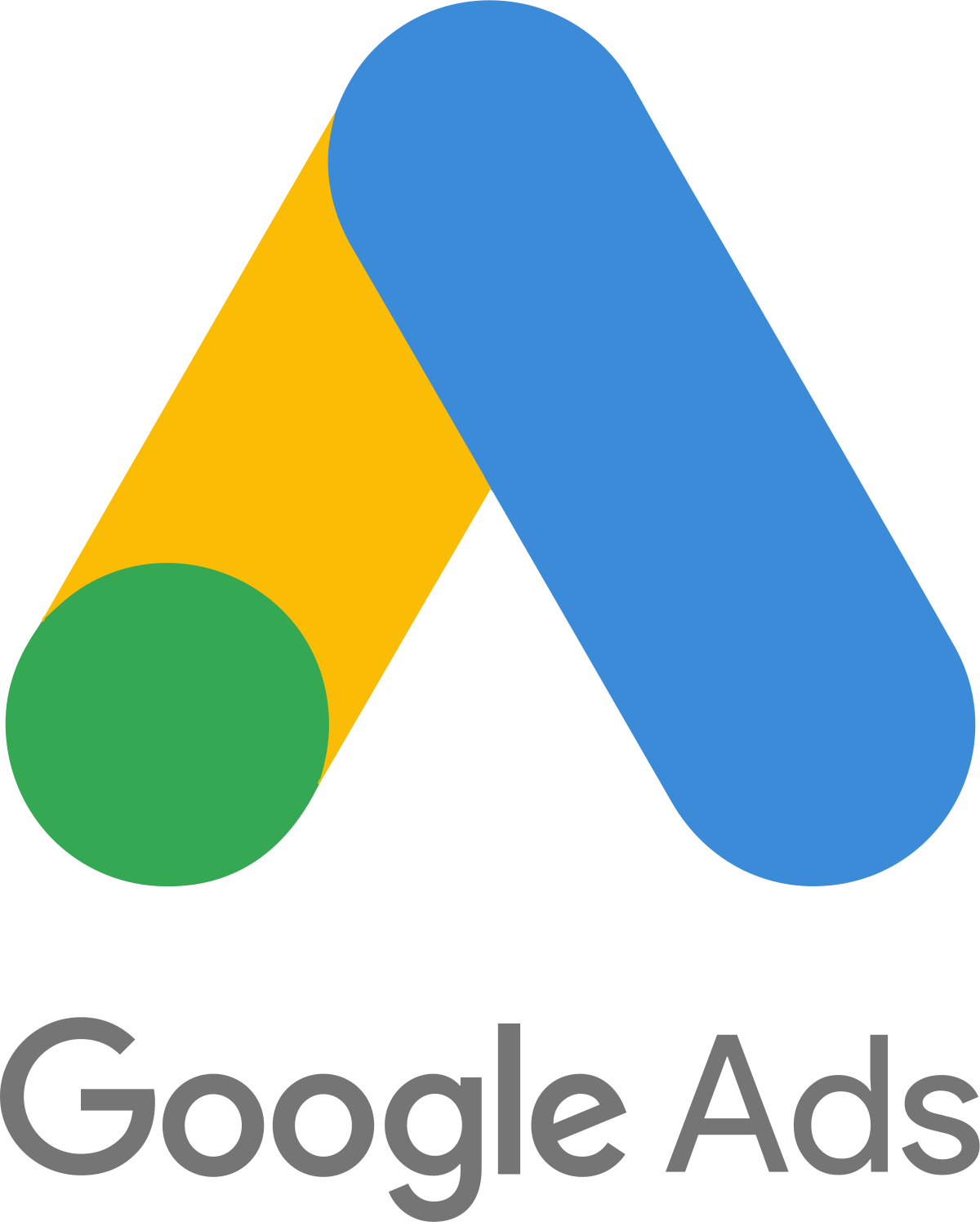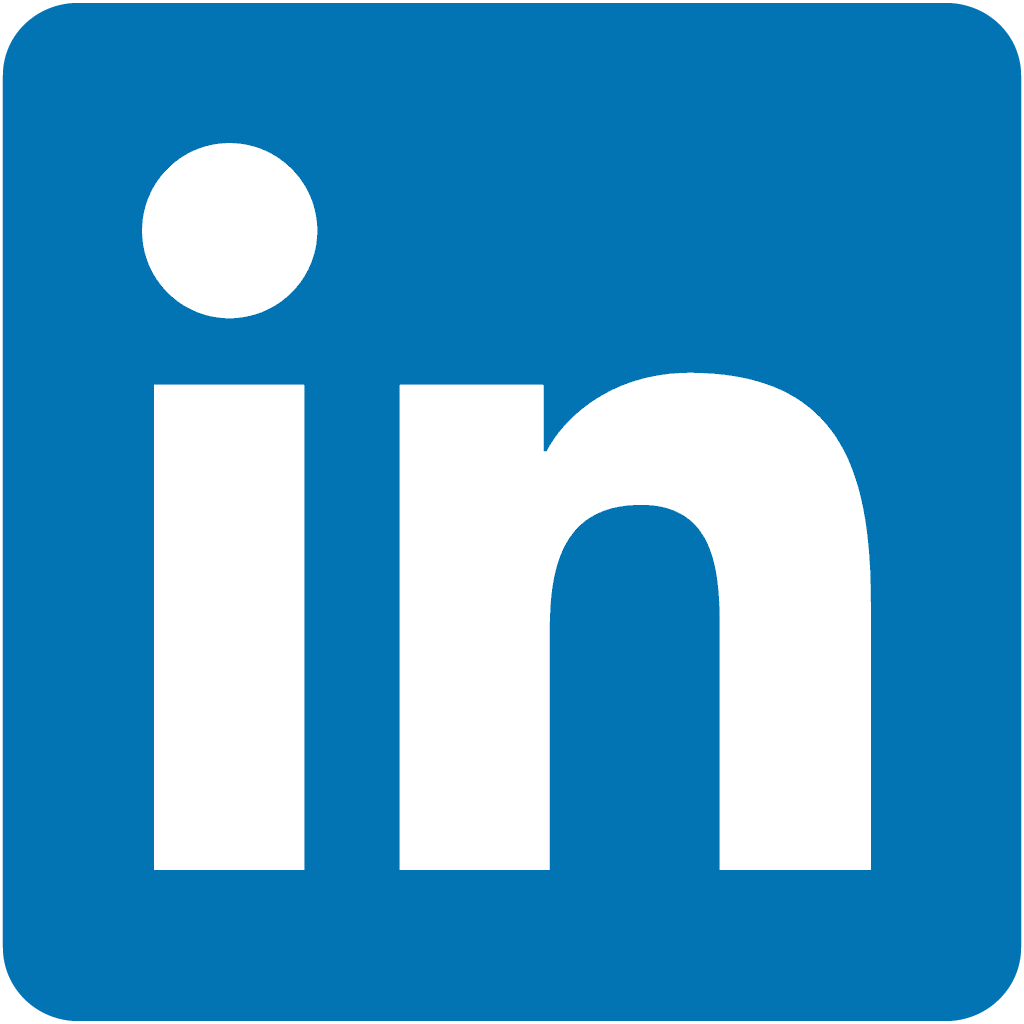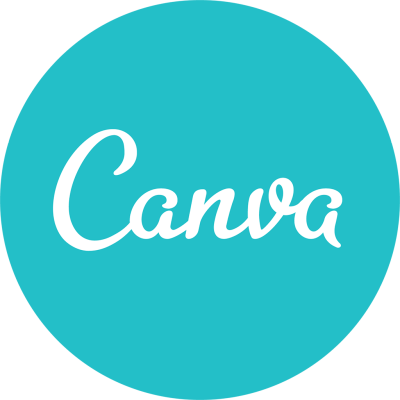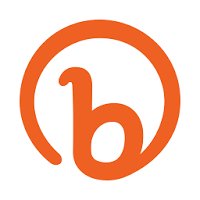On Starting A Software Development And Consulting Firm With 85 Employees
My name is Chris DeSalvo and I am the Co-Founder and Managing Partner of Keyhole Software. We are a midwest-based software development and consulting firm that assists clients nationwide to create custom applications through design, development, and modernization services.
Over the past 12 years, we have grown our team to more than 85 employees while maintaining our culture. My business partner and I worked hard to build a team composed of experienced, vetted software engineers that choose to be with Keyhole long-term. We take the time to establish a relationship with our team members, so we understand where and how their skills will generate the most impact. Because we know them personally, we know how to connect clients with the right consultant for their unique needs. This is what sets us apart from other companies in the industry.
What's your backstory and how did you get into entrepreneurship?
I’ve worked in the technology space since the 1990s when I met my (now) co-founder David Pitt. We worked for the Kansas City division of North Carolina-based CrossLogic Corporation. Together we helped large enterprise IT departments adopt best practices in software development. David was on the technical side—developing applications, mentoring teams—while I was on the business development side getting those projects established and creating relationships with some of the larger players in KC.
I believe that if you have the right idea, enough determination, and a good partner, anyone can become an entrepreneur.
I’m happy to say that CrossLogic was successful, so much that it was acquired twice within the next few years. A core group of skilled people remained throughout the acquisitions, and I found success in pairing the right personalities to the right projects.
As anyone who has been through an acquisition knows, it changes things. Through all of those changes, David and I found that we worked well together. Everything that we had accomplished for the various brands we worked under— well, we could do that for ourselves.
Take us through your entrepreneurial journey. How did you go from day 1 to today?
Well, we began the company at—what I would have said pre-COVID-19 was—the worst possible time to begin a company, just before the 2008 recession hit.
Going into our own firm, we had a six-month non-compete. Basically, we weren’t able to target the strong network of clients I had worked with before. So, for the short term, we planned to target new clients in Kansas City until we could re-establish relationships with companies who had seen our success under various company banners.
But by the time the non-compete ended, no one was answering their phones as the recession had hit. With just $34,000 in revenue in that first year, we primarily survived on savings. Similar to how COVID affected business in 2020, budgets were frozen and IT projects were stalled. No one knew when things would get back to “normal.”
We racked our brains for different ways to pivot to survive. We had always worked with large IT companies. So we began to target startups and businesses with less than $20 million in revenue. This turned out to be a great fit for us; these companies didn’t have IT departments and were looking for ways to improve efficiency during the downturn. In 2009, our revenue went up to $350,000, our projects grew, and we brought on two more employees.
We found that working with younger companies exposed us to more emerging, green-field technologies. We developed a reputation for being nimble and for helping prove out new approaches with experts.
When business got back to “normal” around 2010, big enterprise IT projects came back on the scene. We brought on a few new employees each year that we knew from our past companies—people who had proven their skills, who we liked, and who we knew could do a great job. We were able to take what hands-on experience we leveraged for startups and help larger companies just now looking at the technology. We surpassed $1 million in revenue with 11 employees that year. I was the only one who wasn’t a software developer and handled the entire sales and business side of the team.
I’m proud to say that over the last 10 years, we have kept to those beginnings. From a software side, we shine in figuring out emerging technologies, pivoting to gain hands-on experience, and helping companies of all sizes embrace them.
From a cultural side, we have consistently added new employees—not to grow, but to meet our project needs, and then to retain our people for future projects that they find interesting. We now have more than 85 employees and our team still consists of hand-selected people. Some I have worked with for more than 20 years, others who were referrals of Keyhole employees, and some who are just excellent folks that you could feel their passion for technology.
How are you doing today and what does the future look like?
Things at Keyhole are poised very well for the future. We have more than 85 employees with an average tenure of more than five years and growing. After expanding in our old office suite three times, we bought a new office building and moved to Lenexa, KS.
We’ve known from the beginning that our core focus is our people; we want to ensure that we treat people well and that they have autonomy. As we have grown, we have been able to do things that help us support our people—as an example, our ‘bench.’ Often in the consulting world, when a client project ends, independent consultants are left completely on their own until the company finds another project for them to ‘bill’ on. With Keyhole, it’s different. We have internal software that consultants can bill on—learning new skills in a hands-on way—until we get their next engagement determined.
I’m lucky no longer solely handling everything on the business side and have a great team under me. We have a group of nine on our operations team that work extremely well together to handle the bringing in of new business, finance, HR, marketing, project management, recruiting, and more. Our developer employees span Kansas City, St. Louis, Lincoln, and other areas. We have 20-25 active clients and teams—from New York, the Midwest, California, and everything in between—at any given time. There are so many moving parts but we have a solid team. That’s all we wanted when we started Keyhole - to work with people we like and create quality software.
Through starting the business, have you learned anything particularly helpful or advantageous?
Maybe it was because we started Keyhole just before the 2008 financial crisis, but I’ve certainly learned the importance of staying lean and flexible. It was tough, but we learned valuable lessons overcoming that recession.
Things like not growing just to grow, but growing incrementally and organically. Keeping our overhead low—instead of buying a luxurious office with a receptionist as soon as we were in a position to do so, renting an office suite and expanding cost-effectively as we outgrew each of them. Spending our revenue where it counted, on our people. This mindset showed its value in our growth over the years and in getting through the COVID-19 pandemic. Though 2020 was challenging for every business, 2021 looks positive with many projects coming down the pipeline and eleven new employees.

Another this that we’ve learned the importance of staying true to our vision. We wanted to create software (i.e. stay in the tech) and provide a good place to work while doing it. Really everything we do internally as a company today holds to those values. Our goal has always been to treat our people well, both personally and as the company, they work for. One of the biggest things is to get to know each employee—who they are, what motivates them—and then reward their efforts and loyalty.
On the business side, we seek to remove any “blockers” in their daily work. We skip the politics, give people autonomy, have a fair pay model, and implemented a profit-sharing model.
On the personal side, we work extremely hard to foster a fun and collaborative culture that brings our folks together. Each year we participate in BikeMS, a fundraiser for MS research. We also participate in Kansas City Corporate Challenge—think the Olympics but instead of countries, it’s local companies vying for medals. We hold educational lunch and learns and tech nights, to teach our team about emerging technologies. Holiday parties and family picnics each year. Things like this go a long way in establishing and maintaining positive company culture.


What platform/tools do you use for your business?
We have used a variety of tools over the years. The tools that were a good fit for us at 15 employees aren’t necessarily right for a team now approaching 100 employees.
As a software company, many of our tools have been homegrown. We created GrokOla for our internal wiki software—where we can store technology information—we now offer this publicly for sale. We created an internal proprietary timesheet system rather than using a SaaS where we had to pay monthly fees. We developed MockOla, a free online drawing canvas that we use to create mockups and diagrams for client proposals. All of these applications allowed us to develop with technologies that were emerging, get experience with them, and use them as references.
When I was the only member of the team that handled the business, tools didn’t need to be collaborative, they just had to be loadable to my laptop. But now, with an operations team of nine, it is extremely important to ensure our tools give transparency and are easy to use.
For example, we frequently use the Google Suite—Google Documents, Sheets, Slides—for client and marketing documents as they allow for concurrent users to all contribute. We periodically put together white papers and have had up to 10 working on a document at the same time. This type of collaboration tool allows us to ensure we cover the vast variety of experiences that we can bring to clients and can do so quickly without duplicating efforts.
Our sales team uses Hubspot as a CRM to notate its interactions with people and clients—anyone on our operations team can see notes, which allows us to be collaborative. Similarly, Mailchimp also allows marketing folks to concurrently work on a campaign—we have used for many years both internally for newsletters and announcements and externally for blog updates and new technology collateral.
One thing about consulting is that every client is different; what works for one client doesn’t work at another. So, when our people are working for a client, they have to adhere to those norms, which can affect things like “is Google Mail blocked by spam filters?” So we offer many platform options to communicate internally as some options work for some teams and different ones are needed by others. Slack is probably our most utilized messaging tool, followed by Google Hangouts and Microsoft Teams.
Our website is based on WordPress, which is slightly ironic since it’s not a technology we use often to develop software. But our goal as a company is to allow our people to focus on what they like, software development, and not worry about a company marketing website. So WordPress provides an easy-to-use platform that our operations team can manage.
What have been the most influential books, podcasts, or other resources?
I read books and articles often—but I make a point not to concentrate just on business content like developing business practices or approaches to entrepreneurship. I really try to understand as many different businesses and personal beliefs/approaches in life as possible. I want to at least become aware of them.
Over the years I have enjoyed a variety of books on several U.S. Presidents, business leaders (Bob Iger, Steve Jobs, Bill Gates, Jack Welch), process improvement for personal and business (William Strunk Jr, Michael Gerber, Dale Carnegie, Stephen Covey), in addition to science, history, and sports.
My goal is to see where people come from—how or why they accomplished what they have in their lives. When it comes down to it, we’re in the people business. Having a better understanding of different perspectives and where people come from, that is only going to make things better for me and Keyhole.
Also with Keyhole working with clients in all industries, I need to keep an eye on various business news, so I read many newspapers, journals, and magazines. I frequently read the Kansas City and St. Louis Business Journals, The Wall Street Journal, Forbes, The Week, and check out documentaries. The more perspectives the better.
Advice for other entrepreneurs who want to get started or are just starting?
I can tell you from experience, becoming an entrepreneur is difficult. It takes a lot of time and hard work.
One (of many) things I have learned from launching Keyhole is how to adapt to the unknown. There are so many small decisions you have to make as an entrepreneur, especially for those just starting, and they’re not always going to be right. However, if you can adjust and learn from each mistake, you’ll start to become more and more successful.
Another thing to remember is the importance of working with people with contrasting skills, backgrounds, and strengths. Something that has, time and time again, helped me is the ability to bounce ideas off of my technical counterpart, Dave. When we find ourselves with the need to make decisions, we help each other see both sides of issues—his technical, mine business—and make the best overall decisions for the firm.

Ultimately, I believe that if you have the right idea, enough determination, and a good partner, anyone can become an entrepreneur.
Where can we go to learn more?
Our website would be a great place to start. Definitely check our weekly development blog, it has a ton of great technical content and is written by all of our employees.

Download the report and join our email newsletter packed with business ideas and money-making opportunities, backed by real-life case studies.

Download the report and join our email newsletter packed with business ideas and money-making opportunities, backed by real-life case studies.

Download the report and join our email newsletter packed with business ideas and money-making opportunities, backed by real-life case studies.

Download the report and join our email newsletter packed with business ideas and money-making opportunities, backed by real-life case studies.

Download the report and join our email newsletter packed with business ideas and money-making opportunities, backed by real-life case studies.

Download the report and join our email newsletter packed with business ideas and money-making opportunities, backed by real-life case studies.

Download the report and join our email newsletter packed with business ideas and money-making opportunities, backed by real-life case studies.

Download the report and join our email newsletter packed with business ideas and money-making opportunities, backed by real-life case studies.





















